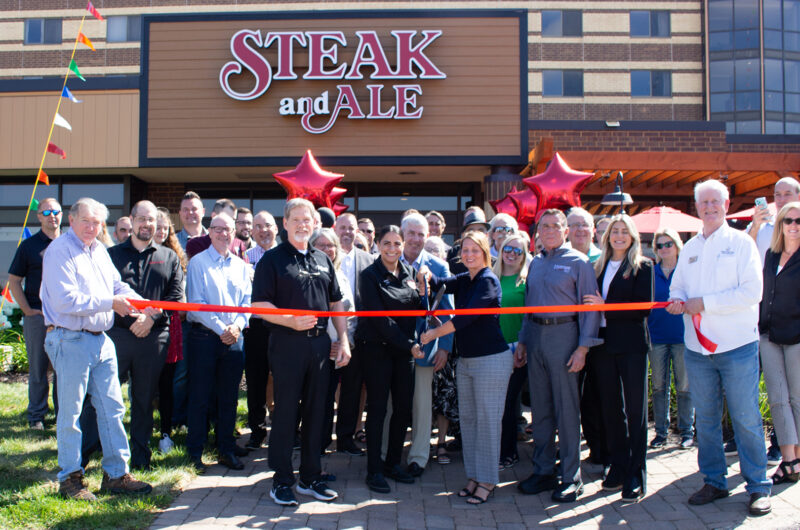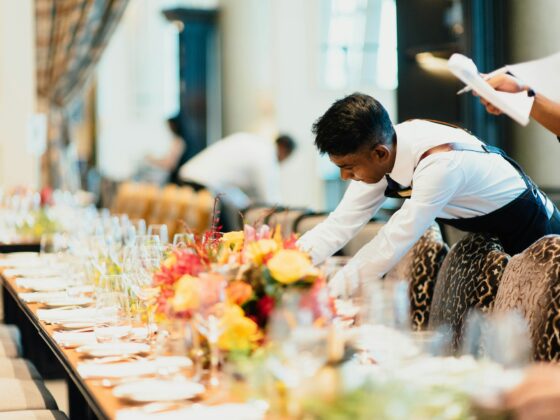
Timeless brands are built from a unique set of characteristics and criteria. They are defined by inspiration and a singularly distinctive point of view and purpose; they are driven by exceptional quality, be it in service delivery or product craftsmanship; they are created through innovation, being uniquely conceived and, almost always, first to market. When all of these elements are brought together, timeless brands have an emotional resonance that is magical and enduring.
Think about the most timeless brands. Standout examples that come to mind include Louis Vuitton, Apple, Four Seasons Hotels and Resorts. But what is it that makes them rise to the top?
Justin Lefkovitch of Mirrored Media believes that “the most timeless brands are those who know who they are and what they stand for.” In other words, timeless brands have purpose. A 2020 Zeno study revealed that when consumers think a brand has a strong purpose, they are four times more likely to purchase from the company, six times more likely to protect the company in the event of a misstep, four-and-a-half times more likely to champion the company and recommend it to friends and family, and four times more likely to trust in the brand.
Brands that are inspirational create customer loyalty. And loyalty creates affinity and the consumer desire to keep a connection. But a timeless brand also needs to innovate—not just at inception, but throughout its existence. “When I think about brands that last… Apple, Rolex, Porsche… I’m struck by the combination of consistency and innovation. Timeless brands
maintain a core sense of principles and values, but they aren’t afraid to change over time,” said Corey Northcutt, founder of Northcutt Enterprise SEO. “Apple today isn’t the Apple from the 1980s but, its values have been constant even as the technology and business landscape has changed.”
And while timeless brands evolve as any good business should, they do not distort themselves to appeal to any certain demographic or fleeting trend. The red thread of a timeless brand’s core beliefs and brand foundation stay consistent regardless of external factors. Timeless brands don’t just follow culture, they help create it. Think about Four Seasons Hotels and Resorts, one the most quintessential timeless brands in the hospitality space. One of the company’s core values was established at its inception and endures to this day: “We succeed when every decision is based on a clear understanding of and belief in what we do.” Isadore Sharp, the founder of Four Seasons, was often asked if the company could sustain the timeless advantage that the brand conferred. “The history of great brands would say yes,” he said. “Most of the top brands that began over 75 years ago still dominate their market sector. Brand momentum, once gained, goes on and on, lasting as long as a company maintains its customers’ trust in what built the brand; in our case, our culture.”
At the same time, Four Seasons has always been very aware of changing customer preferences and continued to stay relevant to the modern guest, whether it be by embracing technology, choosing new and inspired locations or continuing to master the art of design and comfort. The brand’s devotion to timelessness and quality never wavered, though Four Seasons has continued to innovate and meet consumer needs as the broader industry landscape has progressed. Brands like this stay relevant to new generations of consumers and, at the same time, they are impervious to trends. They have proven the ability to remain relevant over time and across generations.
There is a misconception that timeless brands resonate most exclusively with older audiences. In fact, a study by consulting firm Kantar in 2023 found that 52% of 12-29 year olds prefer classic, timeless brands. “Some of our data that surprised us showed that more than half of Gen Zers were saying they preferred brands that have been around for a long time versus new,
trendy brands,” the report said. “It lends authenticity if you have the heritage to be able to look back on your brand’s legacy and offer a new twist on it. These brands have the ability to remain in the conversation while maintaining authenticity. That’s not to say that new brands can’t be timeless, but there is a responsibility for emerging brands in pursuit of timelessness to build a solid foundation that they will be able to stand by even decades down the line.”
Hermès is the perfect example of a luxury brand with a remarkable and storied past and yet continues to regularly reimagine itself as one of the most relevant and exciting contemporary fashion brands in the world. The fashion house doesn’t follow trends, it sets them. This brand never compromises on company values and maintains a consistent, recognizable quality of
product.
What do all timeless brands have in common? These are the seven attributes that all great brands share:
1. Clear values
2. Consistent identity
3. Emotional resonance
4. Consistent quality
5. Iconic design
6. Strong branding
7. Cultural relevance
In order to stay top of mind, brands need to be able to anticipate consumer needs to offer relevant solutions. The brand should lead and the consumer should follow, not vice versa. Timeless brands are driven by quality through service and craftsmanship, innovation by being unique and first to market and inspiration by being singularly distinctive. Those are pillars that any company can follow, regardless of industry.
John Schadler is the executive director of MONOGRAM, a marketing agency for global luxury lifestyle companies.







